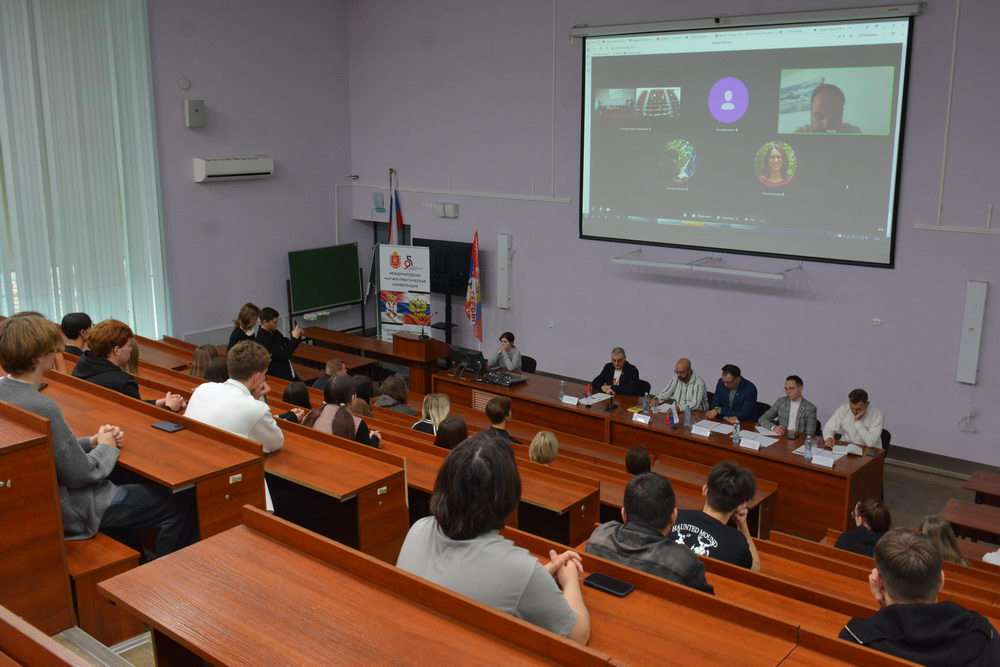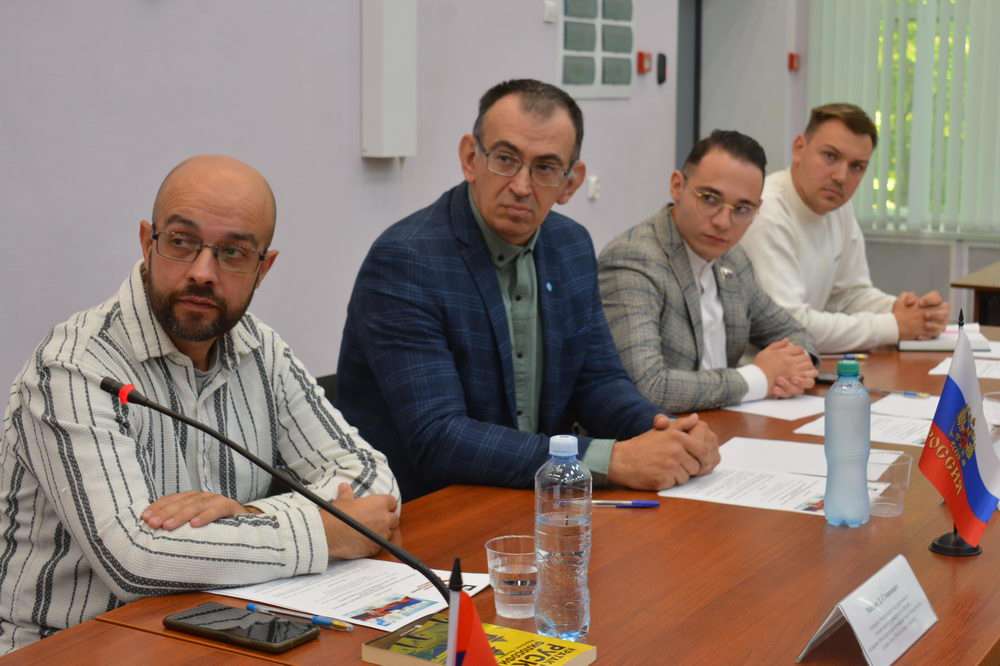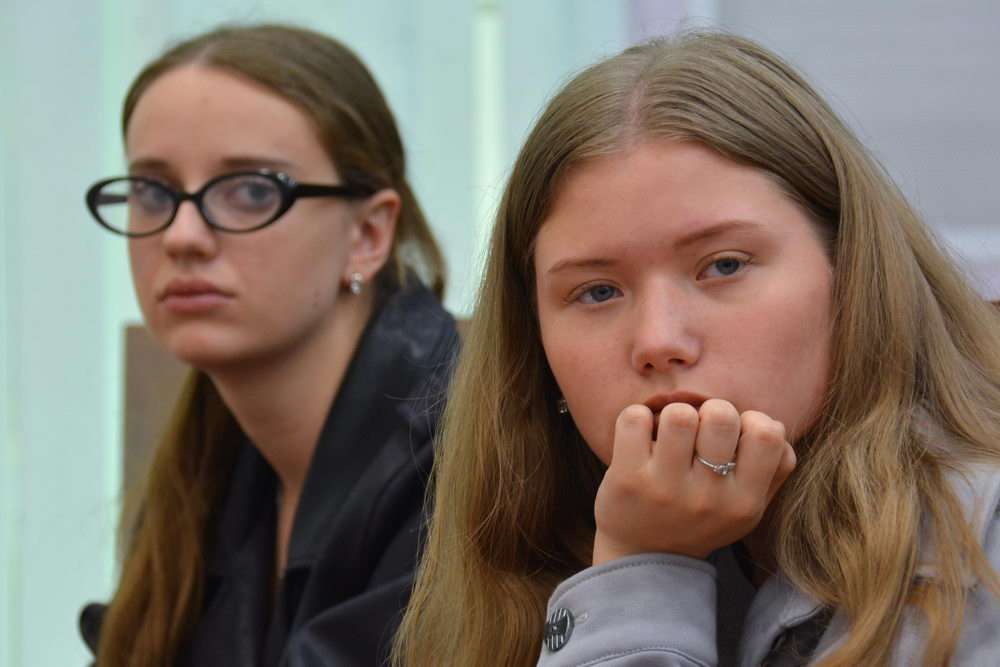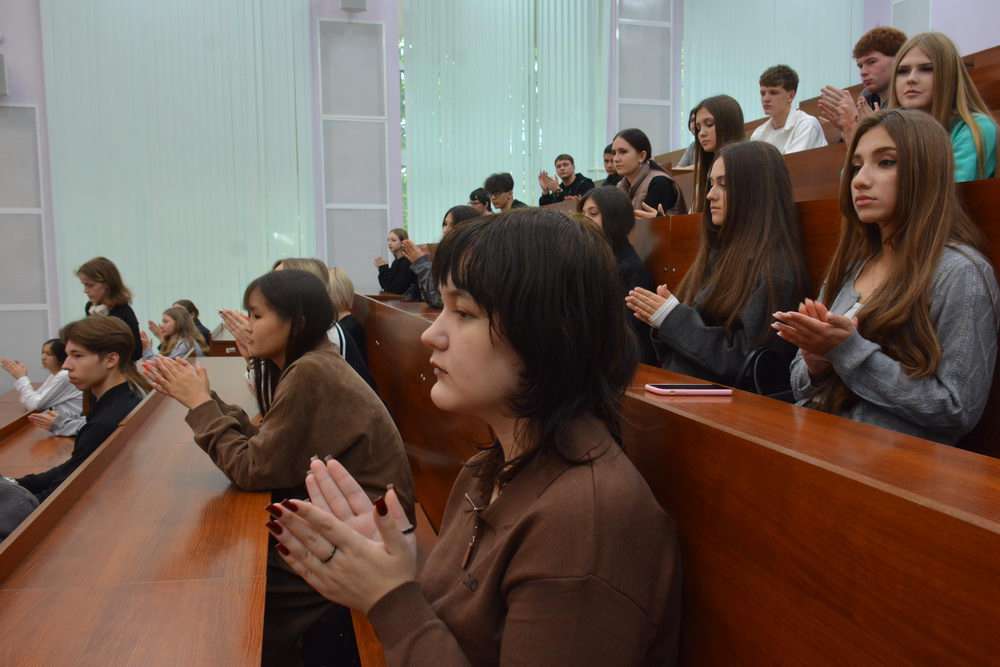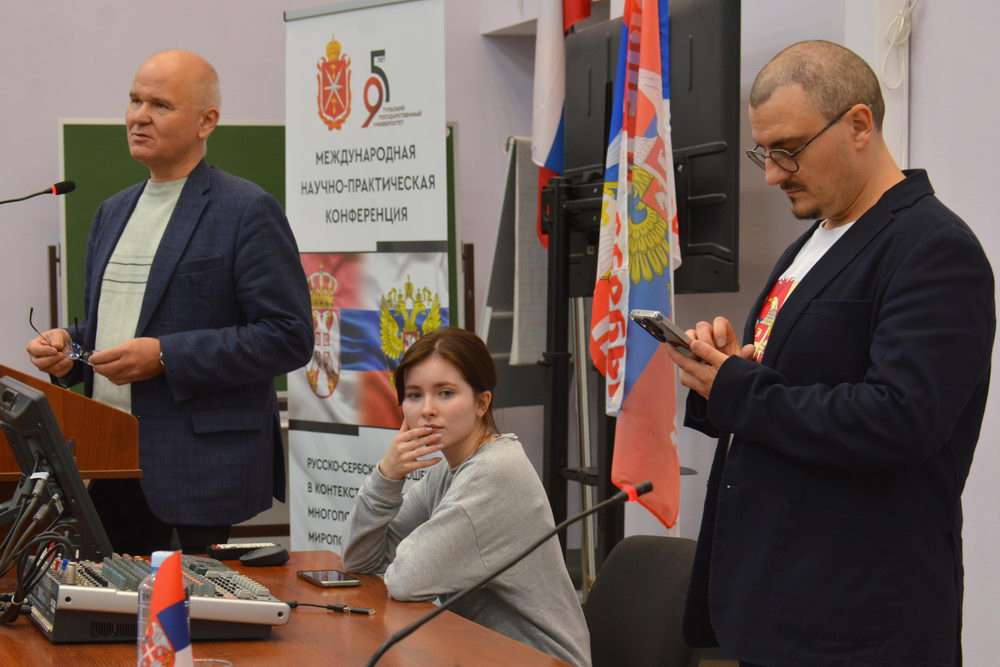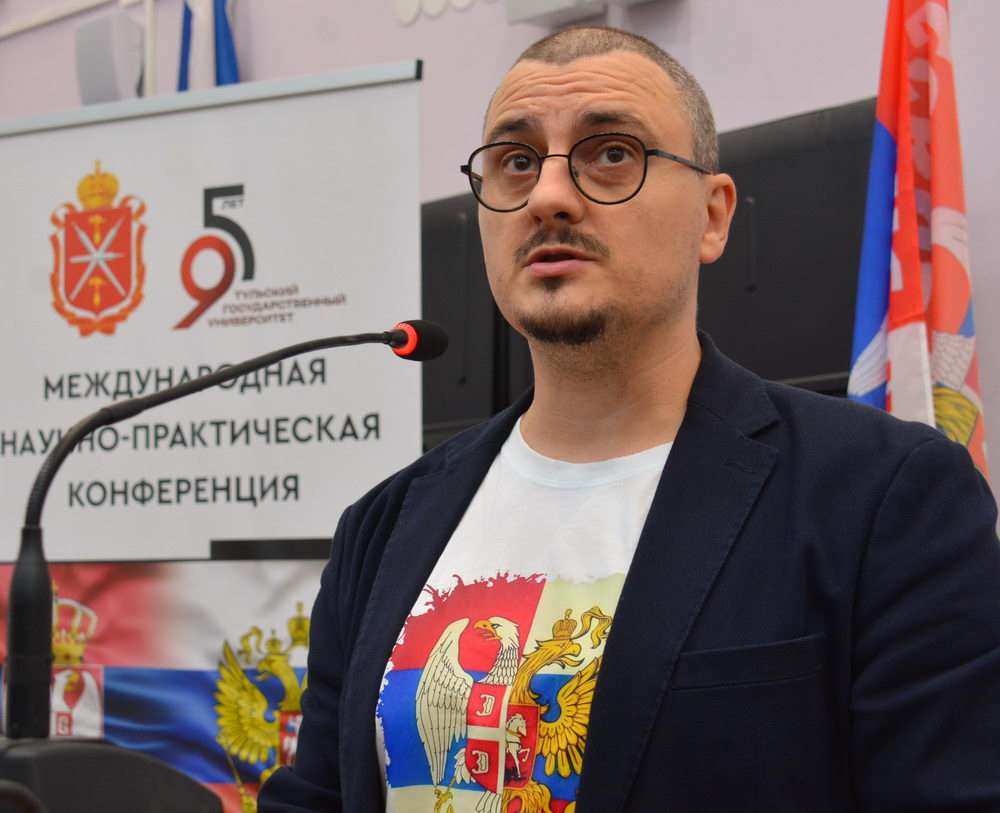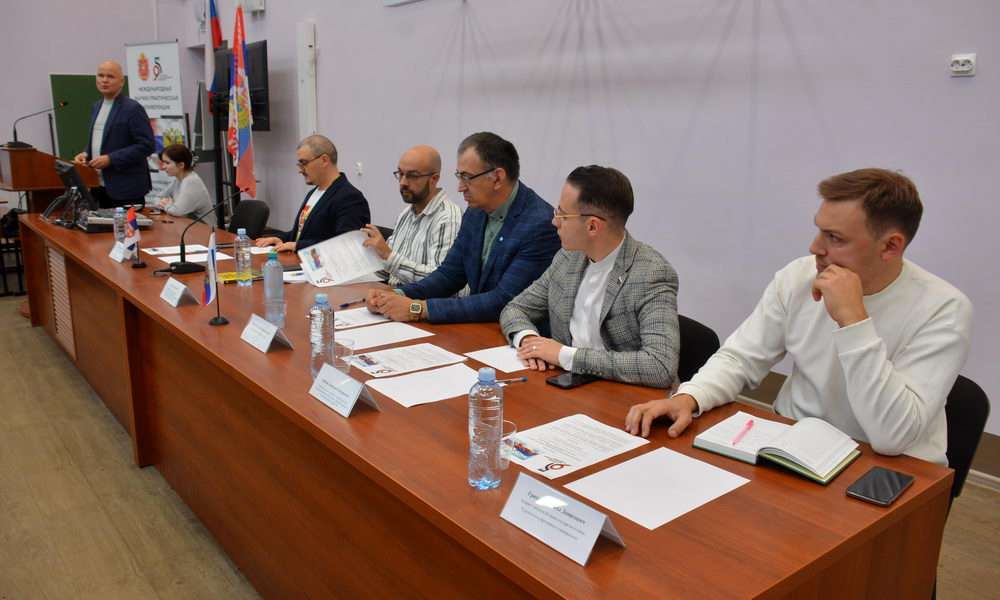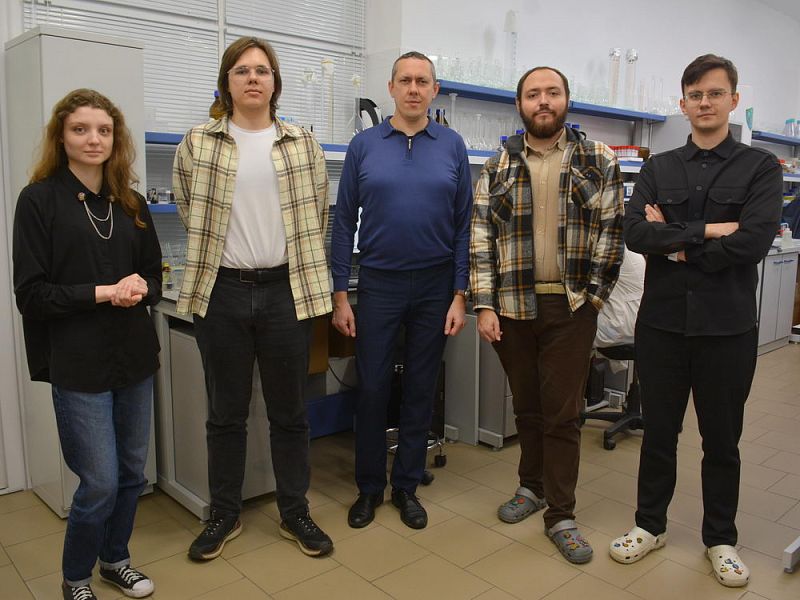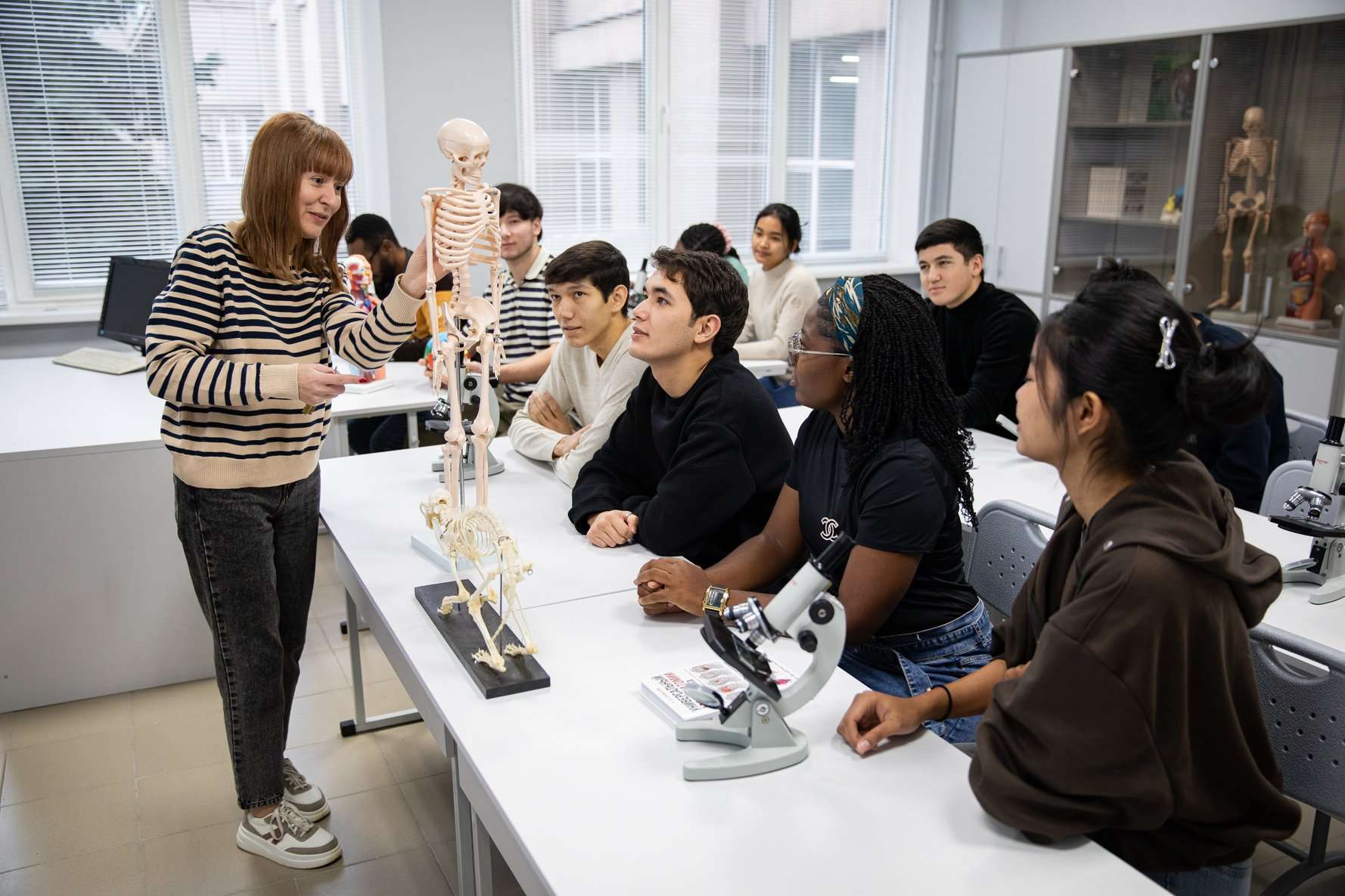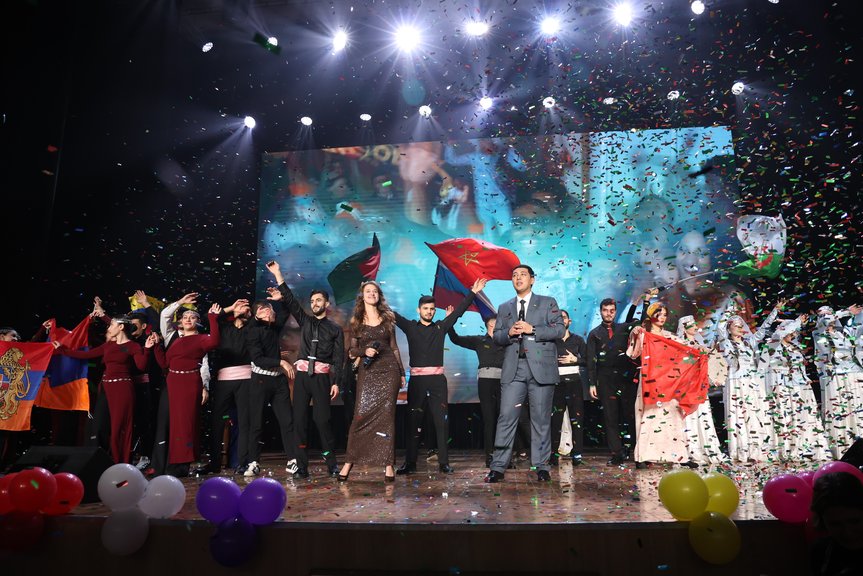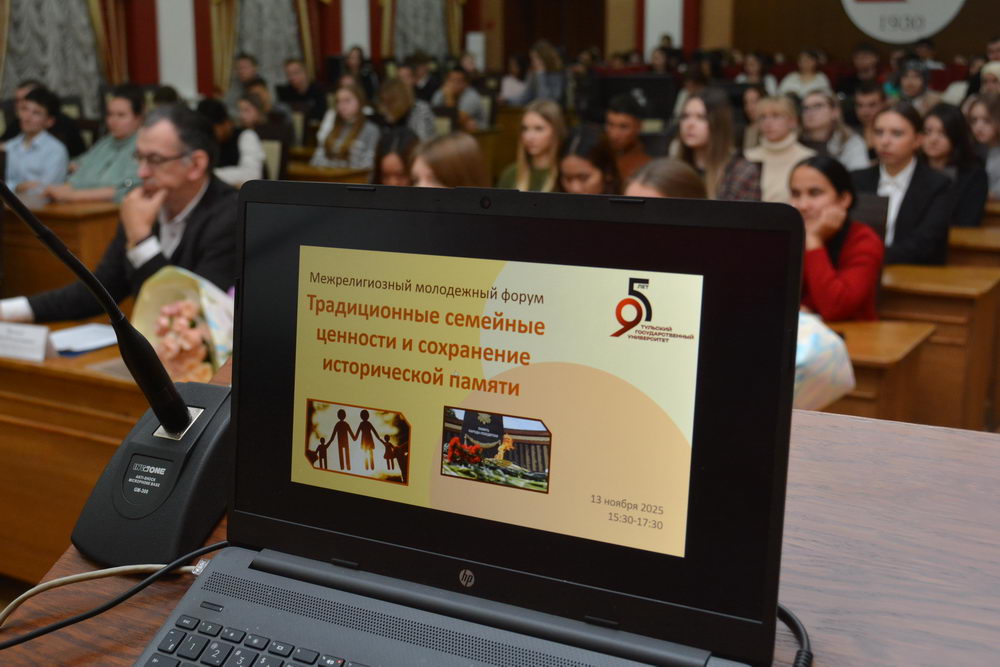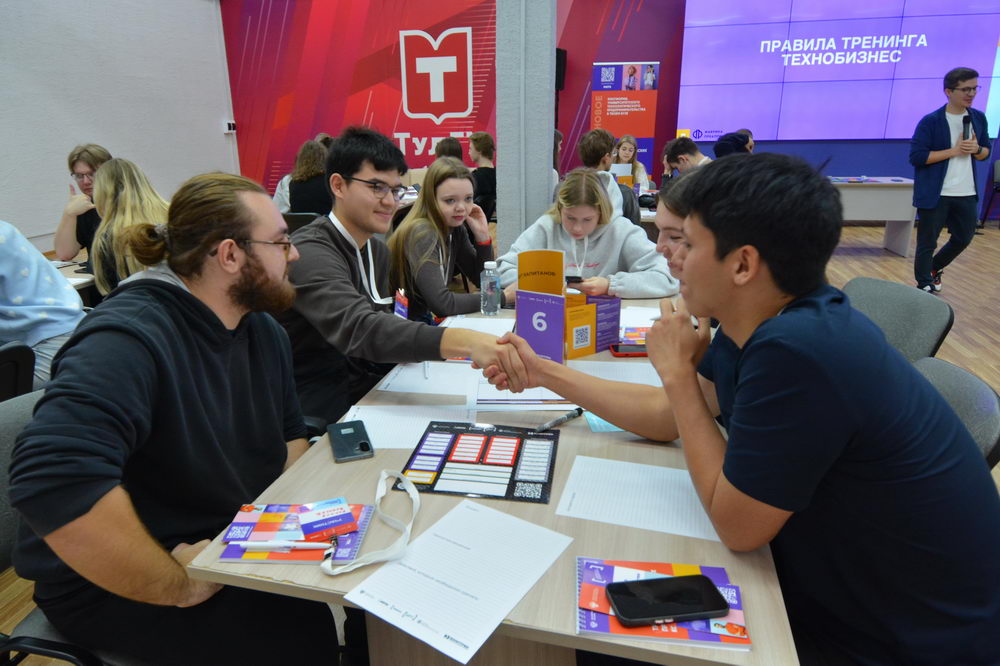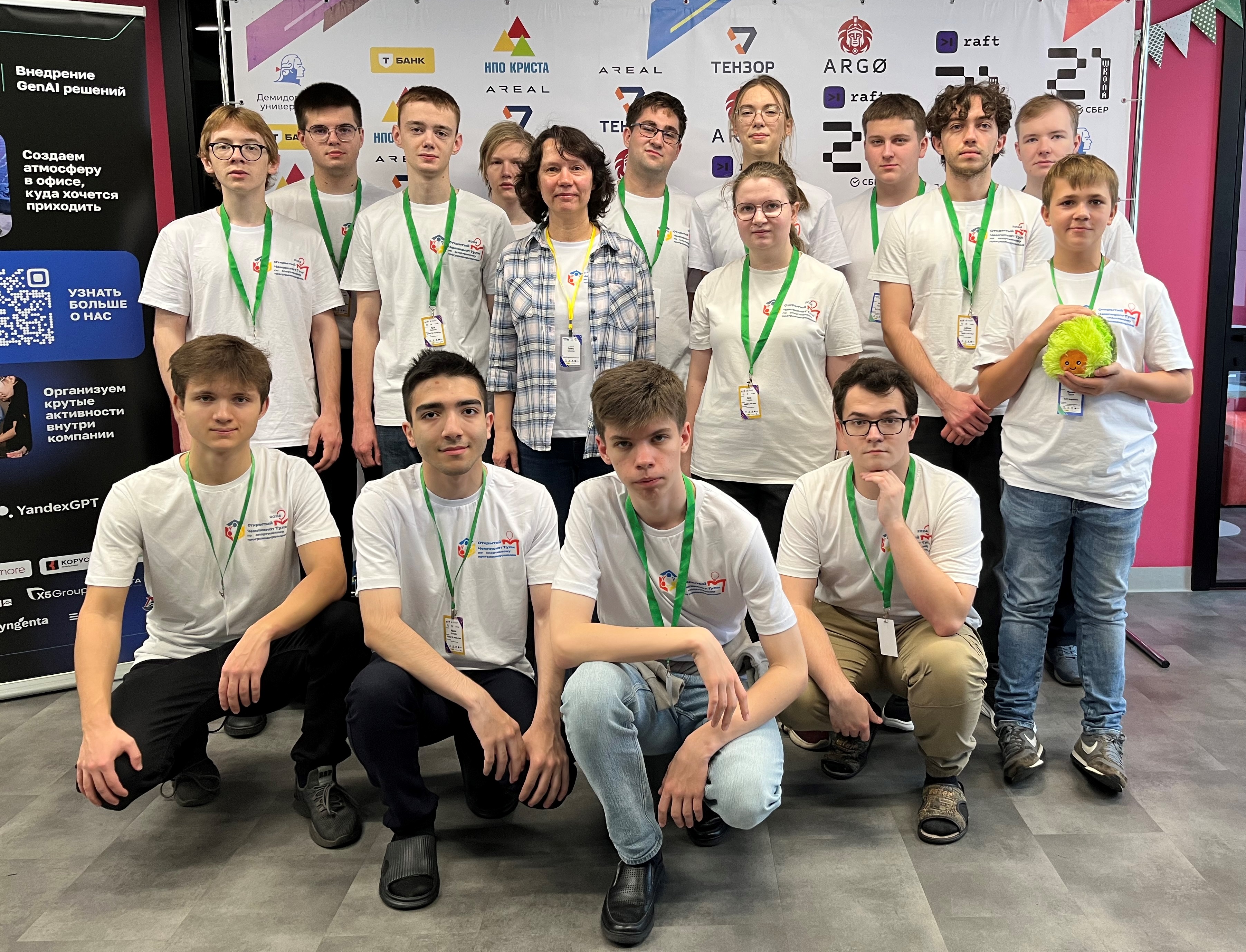- 20.09.2025 06:13
Russia and Serbia: Together Through Centuries
This was the title of an international roundtable discussion for youngscholars held at Tula State University on September 20, organized by the Department of State History and Law.
Young scholars from Belgrade, Moscow, Tula, Petrozavodsk, and othercities, as well as representatives of organizations involved in Russian-Serbian cooperation, discussed the two countries' relations in their historical context and today.
The historical ties between Russia and Serbia are based on a shared Orthodox faith, Slavic roots, and the Cyrillic alphabet, the experts noted. The first contacts began during the Christianization of Rus'. Under Ivan III, Russia supported Serbian monasteries, and Ivan the Terrible allocated a building in Moscow for a Serbian metochion.
The official beginning of relations dates back to 1838, with the opening of the Russian consulate in Serbia. Russia helped restore Serbian statehood in the 19th century. During World War I, Russia supported Serbia, supplying it with ammunition and food.
"Today, the
countries maintain an active political dialogue. Economic ties, military cooperation, and cultural exchanges aredeveloping," said Sergey Nikolayevich Kovalyov, Deputy Director of theInstitute of Law and Management at Tula State University. "Serbia remains a major importer of Russian products, and the Russian language remains popular in the country. We are pleased to host such an important for the development of humanitarian dialogue between our countries event at our university.Participation in the conference will be beneficial for young researchers from both sides."
The event was opened by Georgije Vulić, a graduate student from East Sarajevo, who spoke about Russian-Serbian relations during the 1992-1995 civil war in Bosnia and Herzegovina. He noted that this topic has been relatively neglected in historiography, yet Russian historians have made significant contributions to this research. Particular emphasis was placed on the role of the Russian public and volunteers, who, despite official diplomacy, demonstrated solidarity with the Serbian side.
Liljana Čumura, a postgraduate student at Belgorod University, spoke from Novi Sad. She studies volunteer activities of Russians in Serbia and Serbs in Russia in various humanitarian, cultural, artistic, medical, educational and spiritual initiatives. She presented the activities of the organizations"Volunteers of Victory" and "Volunteers on Valaam," whichexemplify the strengthening of Serbian-Russian relations, cooperation, and solidarity.The presentation was full of numerous illustrations from the field and personalstories from the author and staff.
Nikolay Moskvin of Petrozavodsk State University discussed contemporary factors in cooperation between Russia and Serbia, as well as the circumstances that have shaped the specific nature of relations between the two countries.The report analyzes the historical context, as well as contemporarypolitical, economic, and cultural relations.
Milan D. Stojanović, a postgraduate student from Banja Luka and Moscow, analyzed Russian religious philosophy and its importance for Serbian-Russian relations. He also discussed the shared spiritual and cultural roots of Russian and Serbian peoples, Orthodoxy as the foundation of the identity ofboth peoples and the resistance to Westernization as a theoretical startingpoint.
Dmitriy Zubtsov, a young scientist from Tula, spoke about the agreement between the Russian Federation and the Republic of Serbia on cooperation in the oil and gas industries. He outlined key milestones in the development of the Russian and Serbian gas industries and examined the main challenges to cooperation between the two countries in this area through the prism of international law.
Kirill Grishin from Tula focused his presentation on one of the most important periods in the history of relations between the USSR and Yugoslavia.The period from 1945 to 1953 was complex and controversial for the two countries. Conflict was avoided, but the former relations are a thing of the past.
A postgraduate student Ostoja Vojinović reached us out from Yekaterinburg. His presentation explored Serbian-Russian relations through two events that occurred at the beginning and end of the 20th century: 1914 and World War I,and 1999 and the NATO bombing of Yugoslavia. These two events were devastating for the Serbian people. Vojinović focused on the behavior and reactions of the official Russian state, namely the Russian Empire during World War I and the Russian Federation during the bombing of Serbia. The author explained the expectations, thoughts, reactions, and behavior of official politicians, as well as the expectations and reactions of Russian society, the elite, and the general population.
Ana Yurpalova from Moscow In a very engaging presentation explained that Russians and Serbs currently experience two distinct information realities,which complicate mutual understanding. This is partly a consequence of objective differences in mentality, language barriers, and other factors. Butin many ways, the information bubbles we find ourselves in are linked to the use of hybrid warfare against our peoples. She explores both the natural and artificial causes of these parallel information realities, as well as possible ways to break out of these information bubbles (or echo chambers) to strengthen mutual understanding between Russian and Serbian peoples.
Milan Stojanović, one of the organizers of the international scientific roundtable, a faculty member in the Department of State and Law History at the Institute of Law and Governance at Tula State University, said that today's roundtable was a continuation of the international academic events that Tula State University organizes to establish close relations between the two nations and to jointly combat the information war being waged against Serbia and Russia. The idea is to continue organizing joint academic meetings between Balkan and Russian scholars in the near future.
Photographs by Mikhail Gindin


